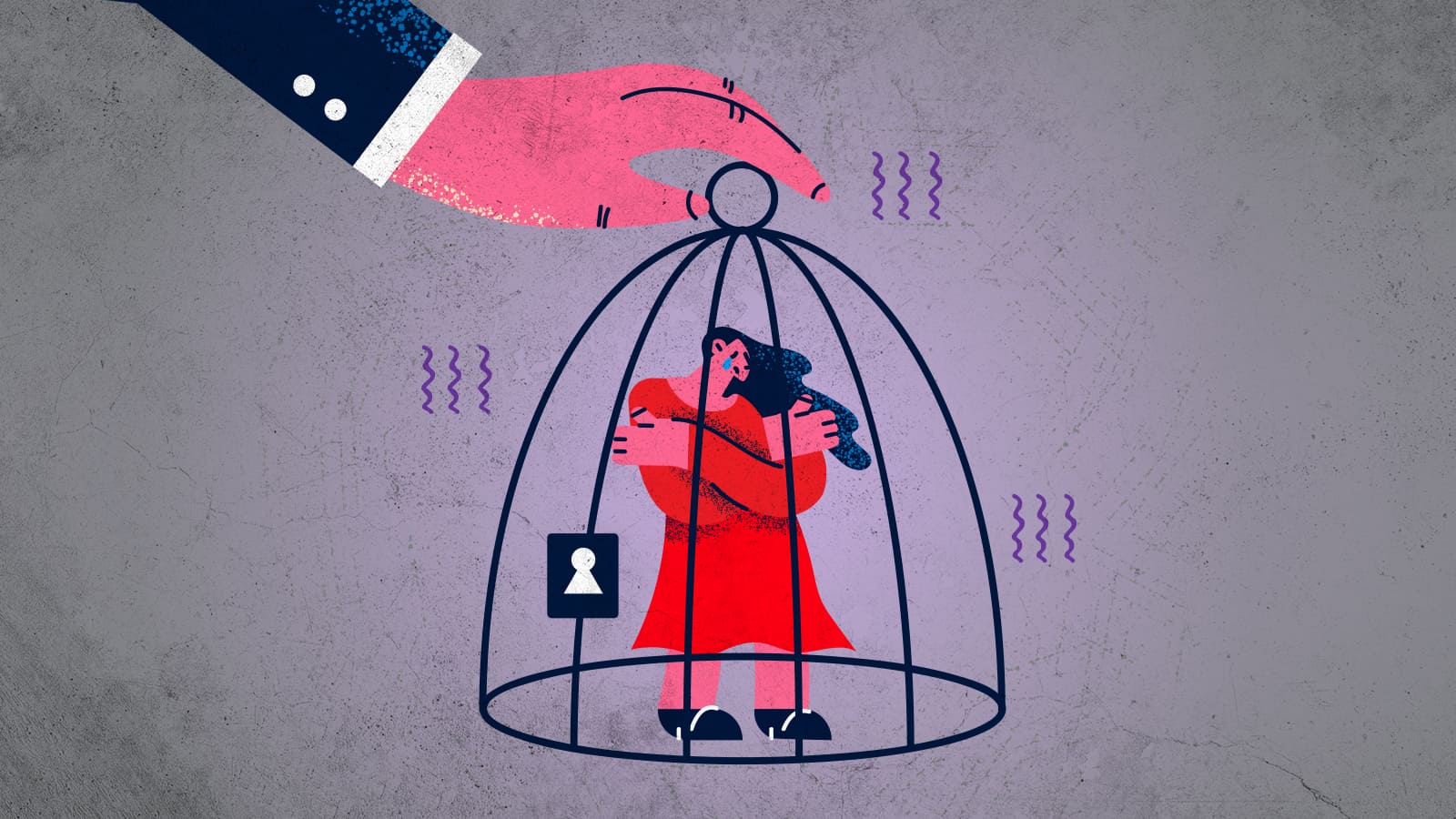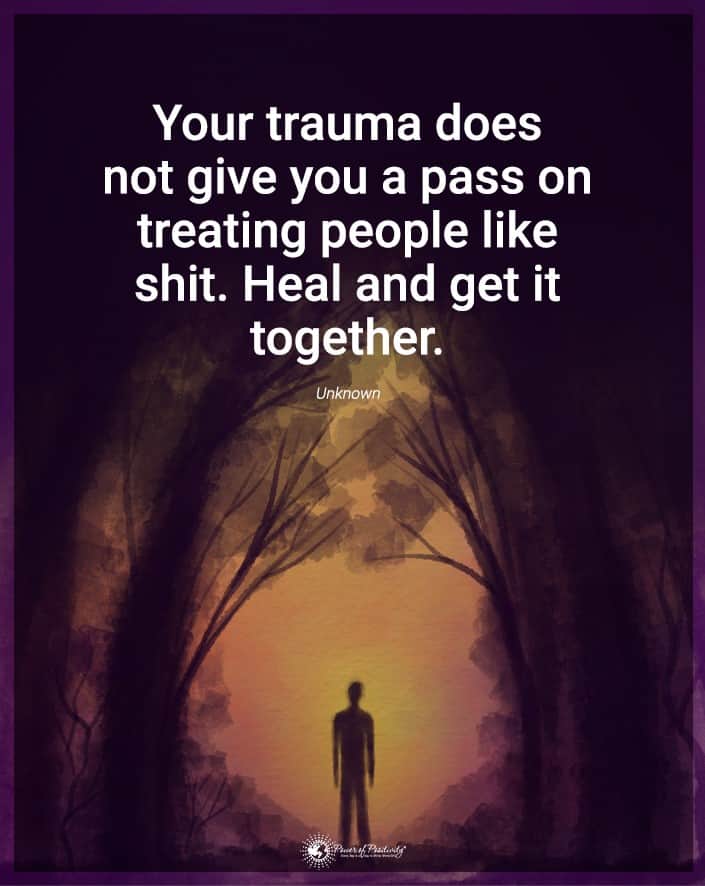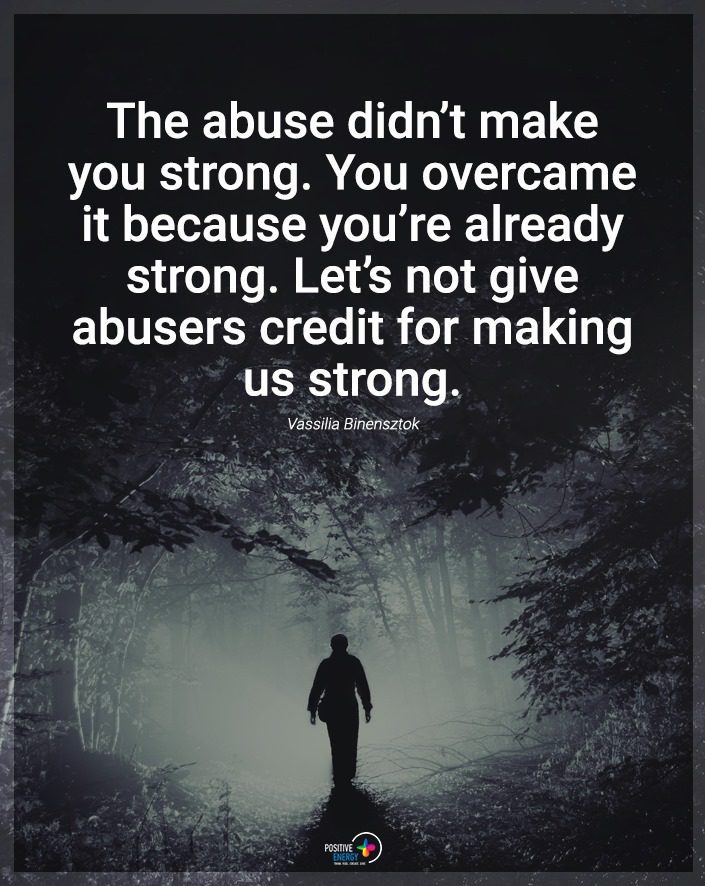Domestic violence is a scary reality for many people worldwide. Whether you’re a victim or survivor or know someone in an abusive relationship, it’s frightening. Many people don’t understand why domestic violence victims are afraid to leave, but they have many valid reasons.
If you suspect domestic violence affects your loved one’s life, you might wonder why they don’t leave. It seems like a simple concept to pack their belongings and walk out. However, there is much more to it than simply walking away from an abusive relationship.
Domestic violence can affect men and women, but statistics show that women are more susceptible. You’ll understand their situation better by understanding why they’re afraid to leave. It’s a scary experience, and not everyone makes it out alive each time.
Signs of Domestic Violence in a Relationship
Domestic violence victims don’t like telling others about their violent partner, but you can watch for some clues. If someone suddenly starts missing work when they didn’t before, it could indicate a violent situation. Healing injuries with far-fetched explanations are also clues to know.
A victim of domestic violence will likely show nervousness and anxiety when their phone rings, too. If you can hear what their partner is saying on the other end of the phone, you might recognize anger. It’s hard to know since domestic violence victims don’t often admit it, but people can usually figure it out.
Additionally, it’s a red flag if you are close to someone but haven’t met their partner. Many victims will keep their partners away so their loved ones don’t recognize the controlling and harmful behavior.
However, if you have met their partner, you might recognize rude mannerisms and alarming actions. Other times, an abuser can hide their red flags when others are around, too. It could go either way, so watch for both scenarios.
Who Is at Risk and How People Become Domestic Violence Victims
The statistics on domestic violence are alarming, with almost 35% of women experiencing some form of violence. No one goes into a relationship assuming they’ll become a victim of abuse, and their abuser does an excellent job of hiding it for a while. The abuser will wait until their partner is attached, and then they’ll slowly start to change.
When the victim realizes what’s happening, it’s often too late. They either can’t leave due to fear or because they are tied to the relationship too much.
Abuse isn’t always physical, either. Domestic violence victims can also experience mental, emotional, or sexual abuse. Each type of abuse impacts the victim, so it’s impossible to compare the worse.
The longer the abuse occurs, the worst it will get. An abuser’s behavior will continue to escalate, a scary thought when a person feels stuck in the relationship. It’s not that the victim wants to be abused, but they stay for many reasons that can be hard to understand.
No matter race, religion, income level, or education, domestic violence can happen to anyone. Women between the ages of 16 and 24 are more likely to become victims, but even that isn’t a guarantee. The abuse can come from a partner or spouse, which are the ones you put your faith in.
People that don’t know the warning signs or patterns are more likely to become domestic violence victims. Knowing what to watch for and what to do when you recognize abuse can save your life.
The Stages of Domestic Violence
Understanding that domestic violence occurs in stages can help you see why it gets so far before the victim realizes it. It doesn’t happen all at once, and it might take a while for the abuser to reveal themselves.
Stage One: Charming Their Victim
At the beginning of the relationship, the abuser makes it seem like the victim is in control. They might idolize their future victim, making them feel unique and in charge. The abuser will praise their partner, making it seem like they love everything about them.
However, it will slowly change once they know they have you. There isn’t always a sign at the beginning of the relationship because these people hide it so well.
Stage Two: Isolation
The next step in a domestic violence situation is in isolation. An abuser will do whatever they can to take their partner away from friends and loved ones. It’s often problematic for a victim to realize what’s happening because the abuser makes it seem like they are doing their partner a favor.
The abuser might convince their partner to quit their job, especially if they’ve been there for years and love their work. A toxic partner will want to remove anyone from their life who might notice the red flags. Plus, they want to control every part of their victim’s lives, including financial, physical, and psychological.
Stage Three: Threats of Violence to the Domestic Violence Victims
The third step in the pattern is the threat of violence. Abusers want to know how their victims will react, so they begin with threats before acting on them. Sometimes the abuser will buy firearms or other weapons and keep them nearby at all times, so you know they’re in control.
They might not have touched you during this stage, but the threats are enough. If they threaten you or keep weapons nearby as a reminder, it’s a sign of escalation.
Stage Four: Things Escalate
Eventually, the abuser will take things to the physical level. They’ll see their threats through and start inflicting physical or sexual pain. If they stick to emotional or mental abuse, it’ll escalate intensely during this stage.
By this point in the relationship, the victim is in the romance so profoundly that they can’t see a way out. Either they still love the abuser or have too many ties to them to walk away without a second thought.
Why Domestic Violence Victims Are Afraid to Leave
The reasons why these partners stay together are many. Here are just a few.
1 – Domestic Violence Victims Don’t Know They’re Abused
Even in the worst moments, victims don’t always realize what’s happening to them. Instead, they view themselves as strong people who can handle loving a troubled person. They also believe they are the only ones who can help their abuser overcome their problems.
2 – It’s Dangerous to Leave
Leaving an abusive relationship isn’t as easy as it sounds to most people. While a typical relationship breakup is sad, it doesn’t generally lead to scary or threatening situations. However, ending an abusive relationship can turn deadly in some cases.
Many domestic violence murders happen after the victim leaves the relationship. Once the victim ends things, the abuser believes they have nothing to lose and commits murder. If they don’t murder their victim, they might stalk them for many years, deny them financial resources, and manipulate the court system when children are involved.
3 – Domestic Violence Victims Fear For Their Child’s Safety
The court system often gives unsupervised visitation time with the kids to the abuser. Victims know this is a possibility and can’t fathom leaving their children unsupervised by a violent person. If they stay in the relationship, they’ll always ensure the anger isn’t taken out on their kids.
4 – Domestic Violence Victims Cannot Meet Their Financial Needs Alone
Many abusers don’t allow their victims to work; if they do, it’ll be at a job that doesn’t allow financial independence. It can seem impossible to get out when a victim doesn’t have the financial means to escape.
5- Some Domestic Violence Victims Have Nowhere to Go and Lack Family Support
Since the abuser isolates his victim before the abuse begins, they might not have anywhere to go. They’ll be afraid to turn to the people they shut out of their lives.
Many domestic violence victims feel alone in the situation. They don’t always know how common it is and that many support groups exist. Victims also don’t know how many resources are available to help them escape the relationship.
6 – They Think It Will Get Better
Victims convince themselves that things will get better eventually. They continually replay the excellent times to cope with the new reality.
After the first abuse incident, the victim will likely convince themselves it was an isolated experience. Then, when it happens again, they convince themselves it’s their fault, not their abuser’s.
The Reasons Why Domestic Violence Victims Stay May Change as Their Lives Change
When the abuse begins, the victim likely believes it’s just a phase and will end. Then, they think it’s their fault the abuse occurs and try to change themselves. After that, they might believe the abuser when they say they’ll change or go to counseling.
It becomes harder to leave the relationship as time passes, and the reasons keep piling up. The abuse and control escalate, and the abuser continues creating a situation it’s impossible to escape.
Final Thoughts on Psychology Explains Why Domestic Violence Victims Are Afraid to Leave
These reasons why domestic violence victims are afraid to leave aren’t the only reasons. Understanding the situation is hard for people who haven’t been abused. The information provided here can help you get a better grasp of it.
If your loved one is in an abusive relationship, you can’t force them to leave it. However, you can ensure the victim knows they always have your support.

















 Community
Community

